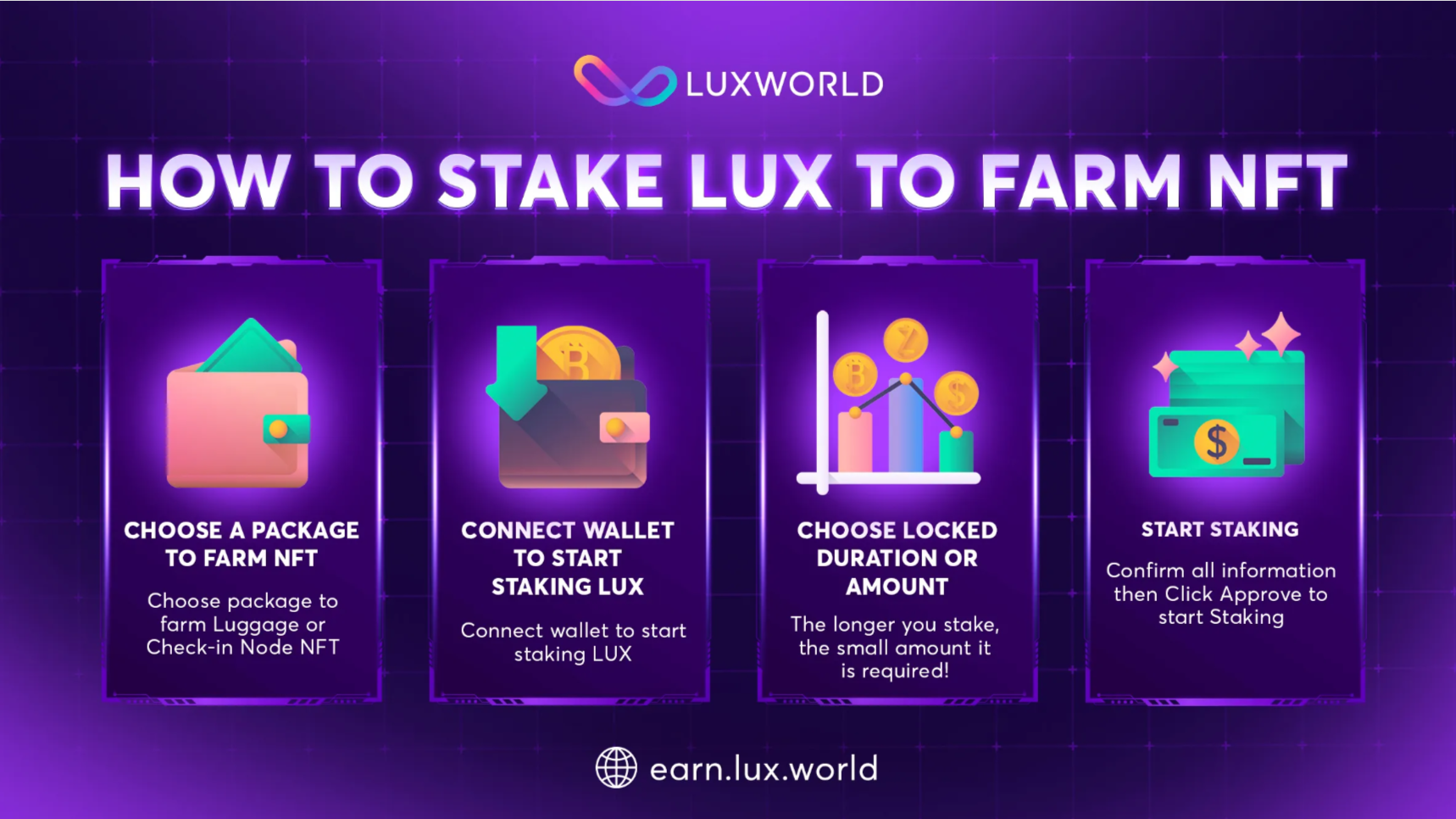Like many other sectors, the travel industry has also warmed up to these virtual digital assets. It has even given rise to a new genre of operations, i.e., crypto tourism.
Cryptocurrencies have seen a meteoric rise in the last couple of years. They have gone from a speculative asset class, to one that is garnering massive mainstream adoption. And it’s not just retail investors that are showing interest; cryptocurrencies are also finding use cases across industries, including tourism. Yes, like many other sectors, the travel industry has also warmed up to these virtual digital assets. It has even given rise to a new genre of operations, i.e., crypto tourism.
What is crypto tourism?

Crypto tourism can be divided into two broad categories. The first refers to tours and travel packages that are paid for using cryptocurrency. This is not surprising given that so many other industries have begun accepting crypto payments. From high-end fashion houses like Gucci and Balenciaga to automobile manufacturers like Tesla, the number of crypto-friendly brands and companies is growing rapidly.
Several airlines, tour operators and travel aggregators have begun accepting crypto payments. UAE’s leading carrier, Emirates Airline, announced that it would soon accept bitcoin as a mode of payment. Latvian carrier, Air Baltic, has also long accepted bitcoin. Moreover, airfare websites like Cheapair.com and Travala.com also accept crypto payments, with the latter accepting more than 50 digital currencies. Tours and activity booking sites like GetYourGuide have also started accepting payments in Dogecoin.

There are also several crypto-friendly tourist destinations where digital payments are widely accepted. These include destinations like the Bahamas, which has its own digital currency called the Sand Dollar and also accepts crypto payments. If you fancy going scuba diving, you can do so using your cryptocurrencies. This is because some tourist companies in Queensland, New Zealand, offer travel programs where travellers can use digital coins to experience the Southern Great Barrier Reef.
The second kind of crypto tourism refers to trips and travel packages where crypto conferences, classes or lectures are a major part of the trip’s itinerary. You would wonder why anyone would go on a holiday to attend a lecture or learn about blockchain. Well, these holidays are not for general travellers. Instead, they target entrepreneurs and crypto enthusiasts looking to network, meet like-minded individuals, and discuss business ideas.
The Blockchain Cruises organised by Scottish crypto wallet, CoinsBank, are the perfect example of such travel events. The firm held four cruise holidays between 2019 and 2020 before COVID-19 restrictions kicked in. These cruises sailed around the Mediterranean and lasted up to 5 days. Roughly 2,500 participants from all over the world attended these cruises.
Besides the usual sightseeing and relaxation, these crypto trips also feature talks from prominent speakers and industry stalwarts. For example, one of the CoinsBank cruises featured a guest appearance by John McAfee, CEO of the bitcoin mining firm MGT Capital Investments and a popular crypto proponent.
Advantages and disadvantages of crypto tourism

Crypto tours are perfect for those who want to learn about cryptocurrencies, network with like-minded individuals, and unwind at the same time. It is also great if you want to use digital currencies to pay for your vacation. You don’t have to worry about forex conversions or losing physical currency.
On the other hand, since it is a very niche market, options are limited and very few travel partners accept crypto payments. Also, the organisers of some crypto trips often use these events to pitch ICOs and other marketing activities.



